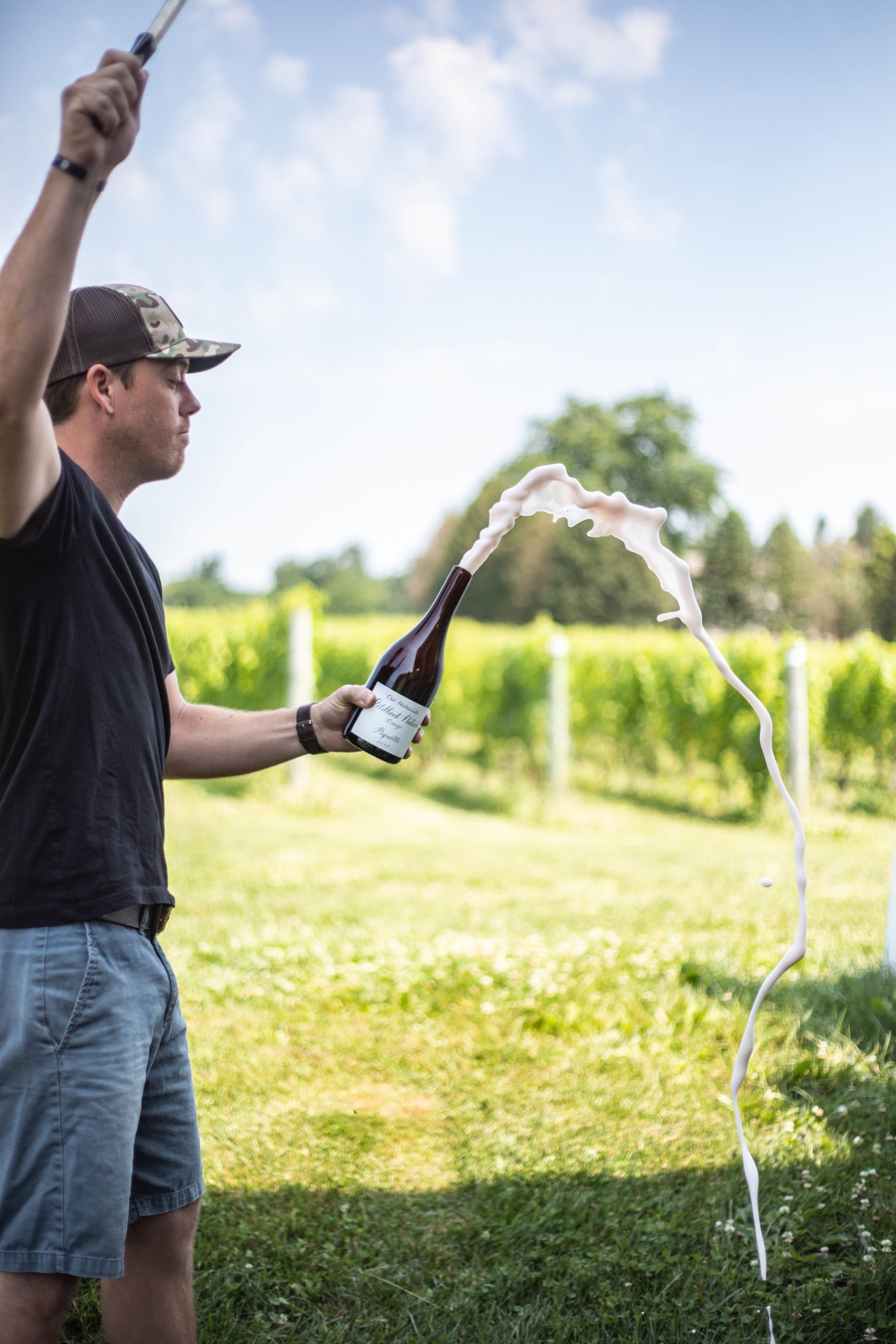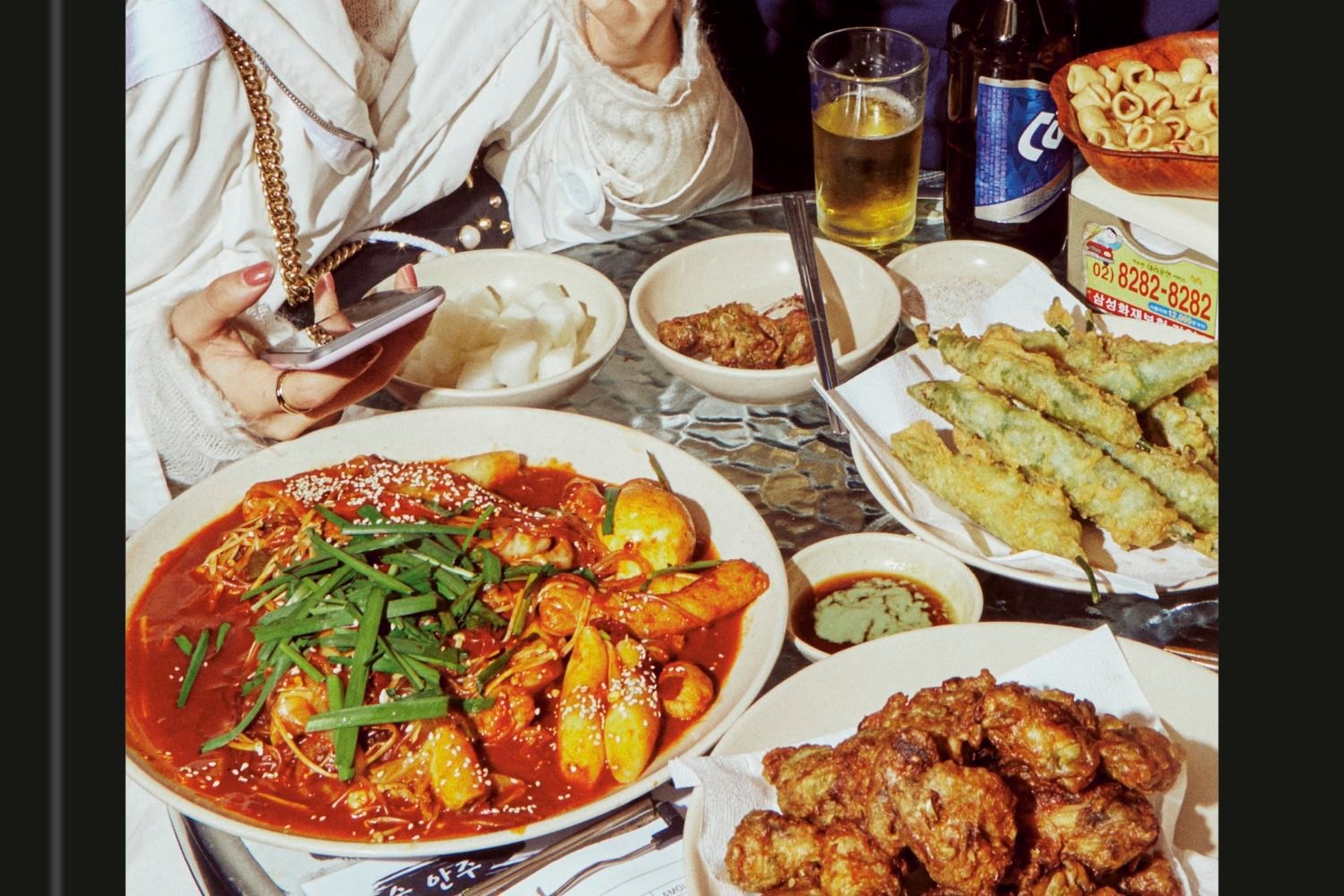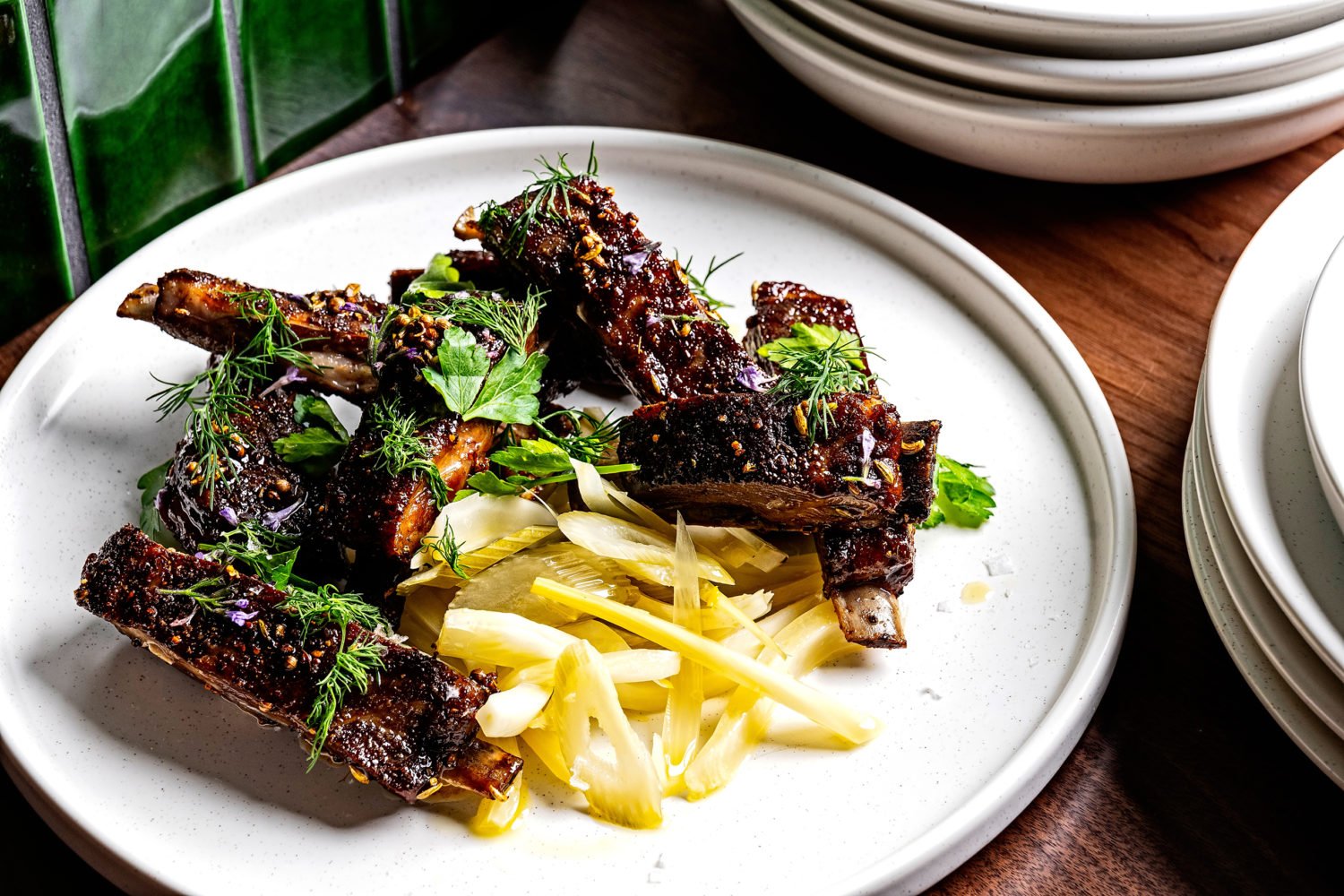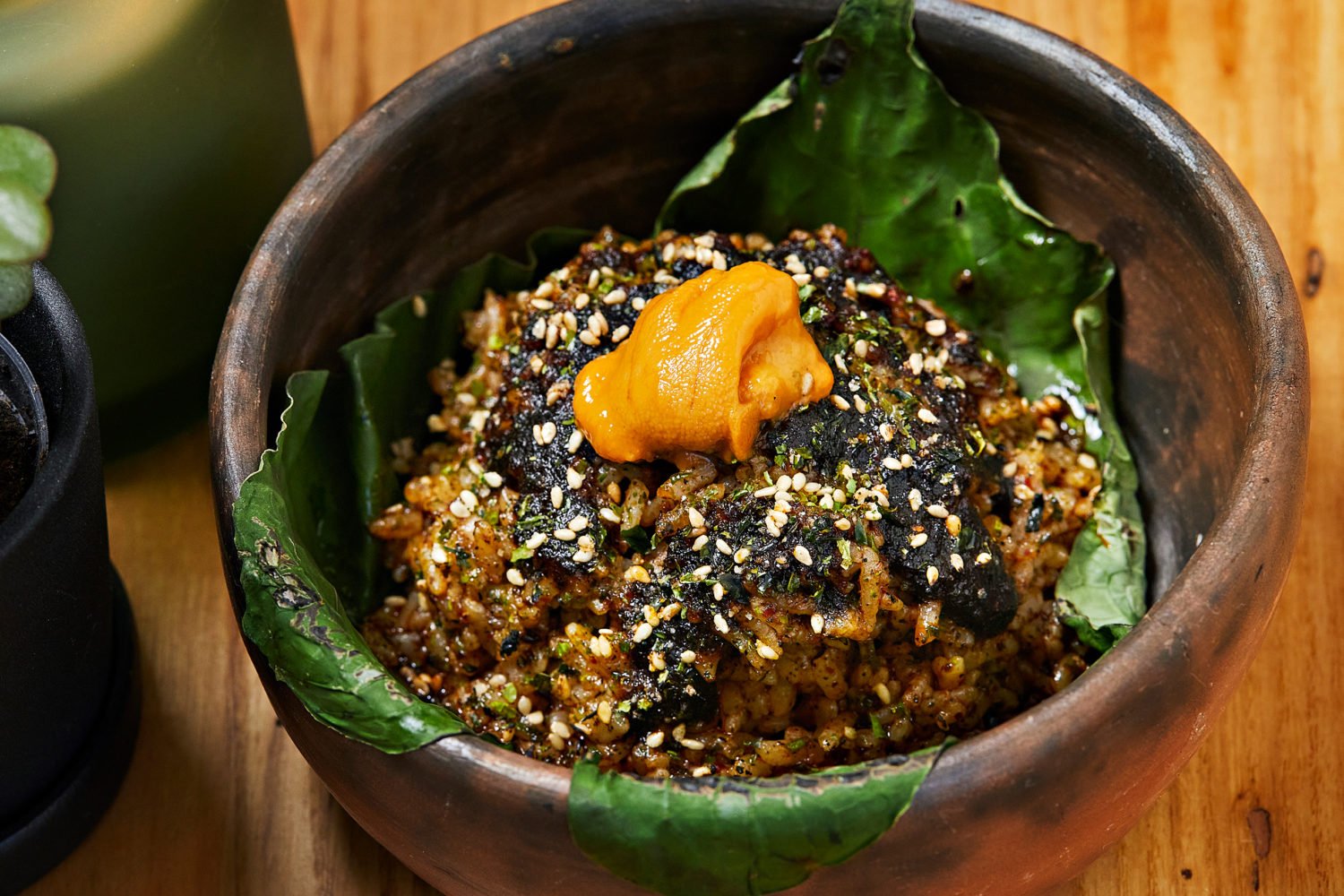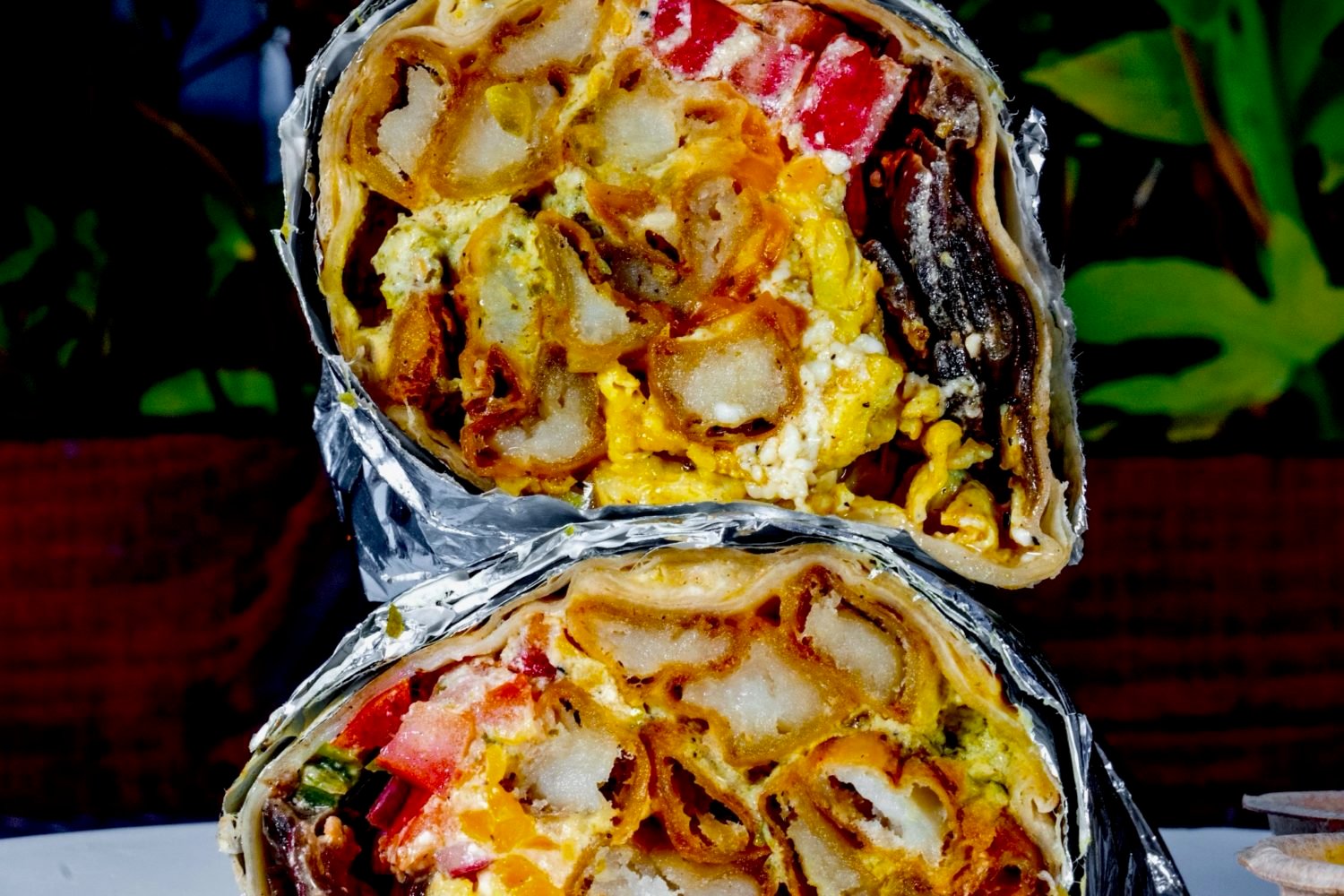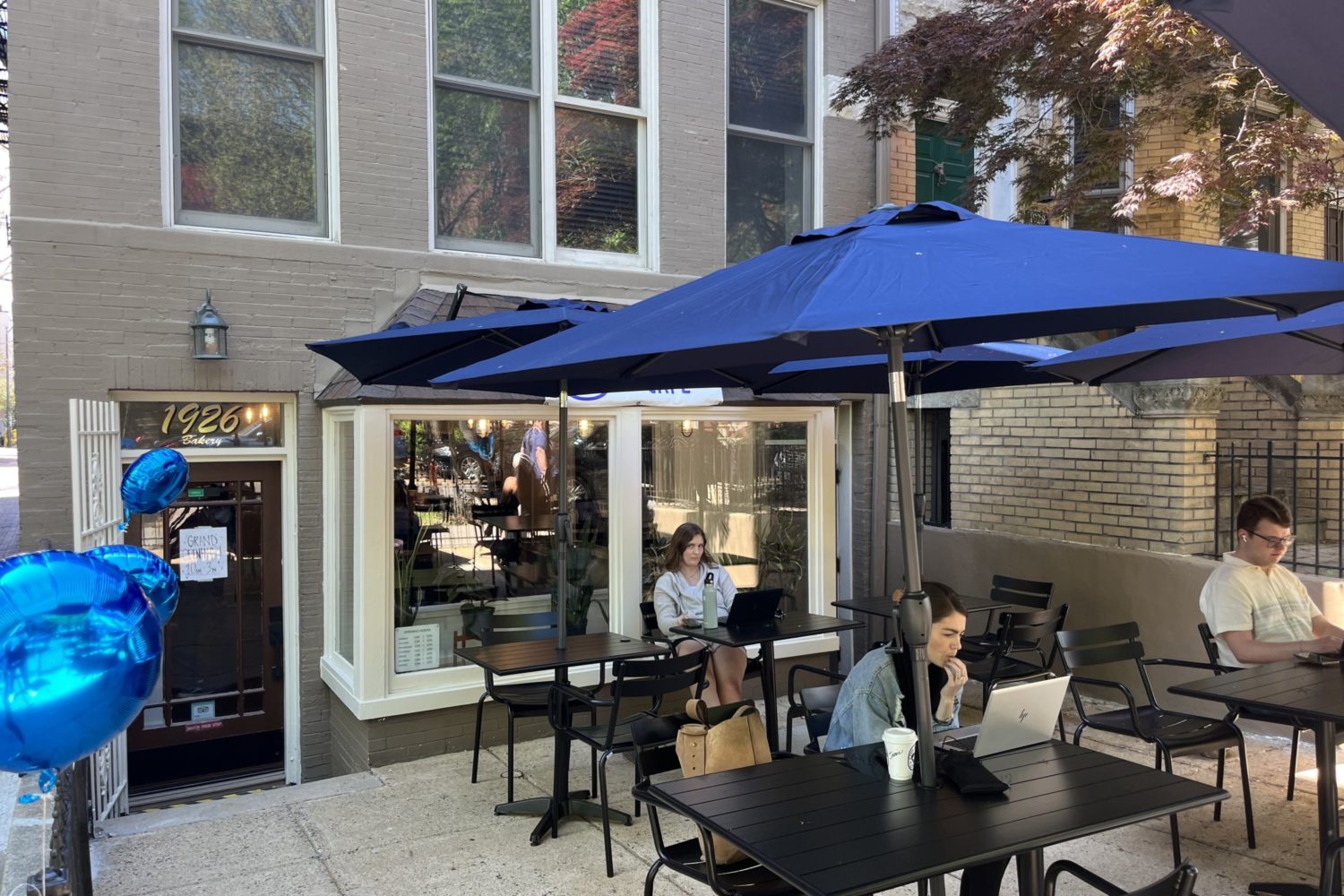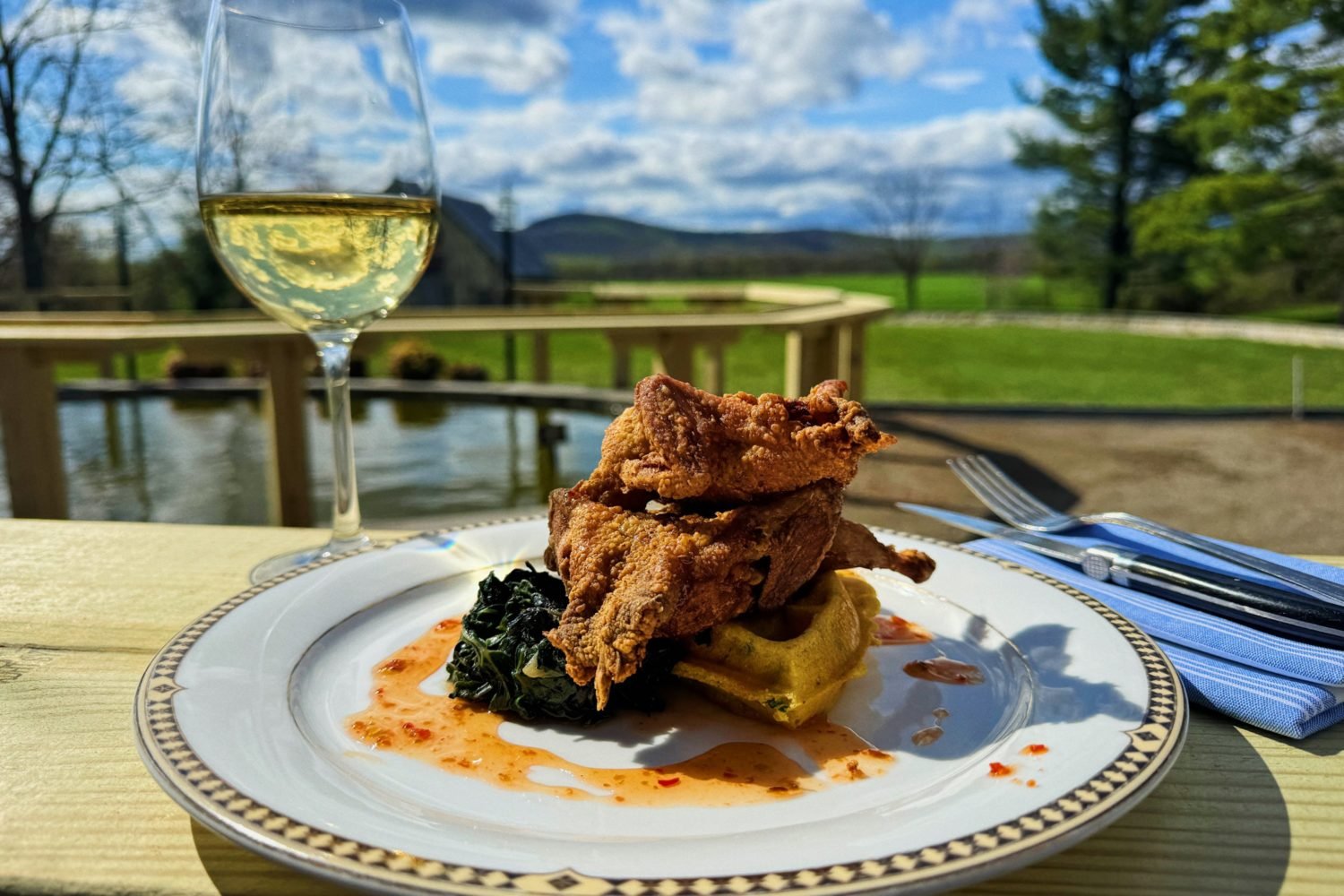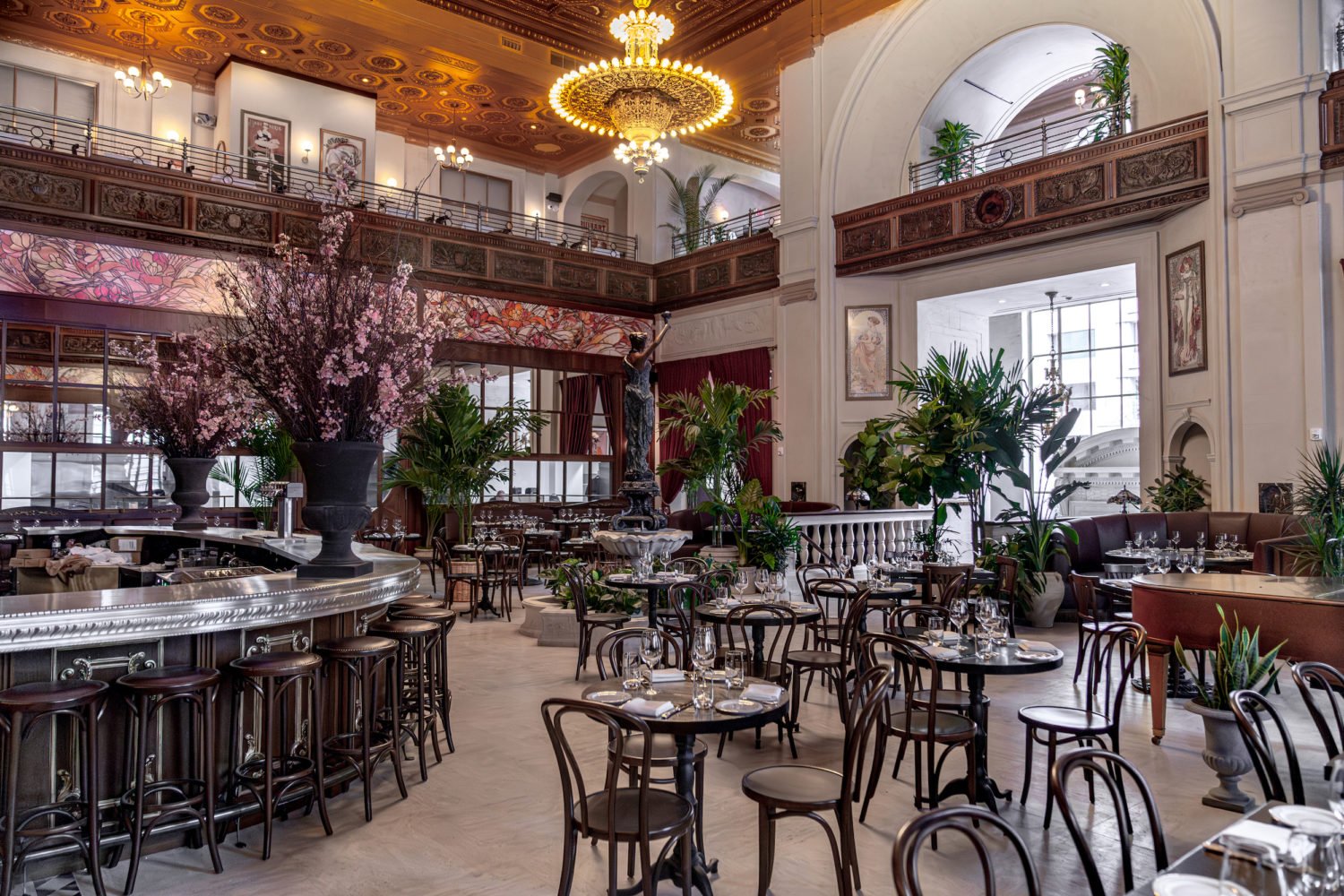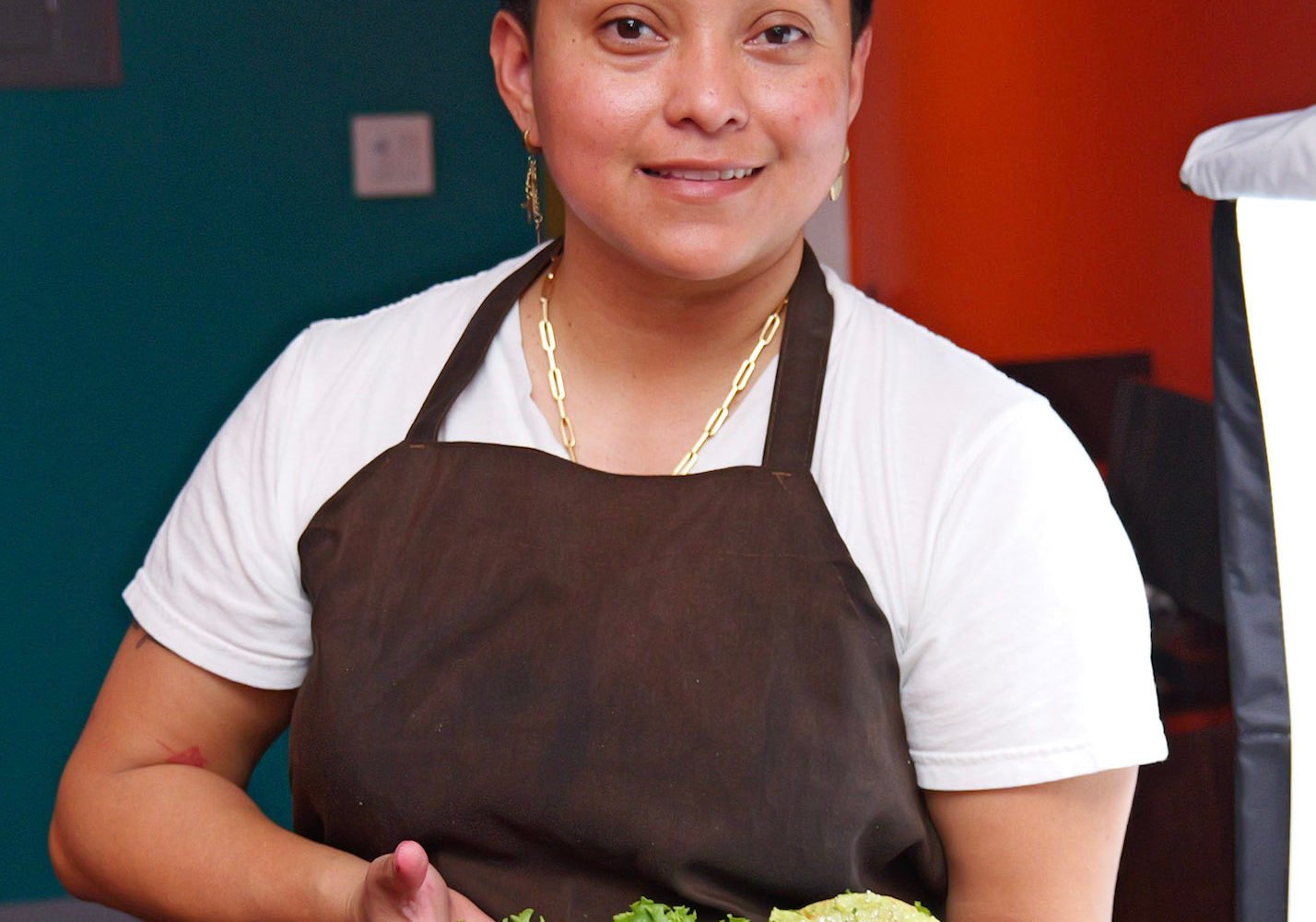It’s a good time to go out in DC if you’re not drinking heavily (or at all). The Imperial just opened in Adams Morgan with a low-and-no-proof drink menu; Neighborhood Restaurant Group is planning a low-ABV beer hall and cocktail bar on Capitol Hill early next year; there’re new mocktails—and new names for mocktails—everywhere you look; and a bunch of new sober and “sober-curious” events are popping up. It’s the golden age of moderation.
Enter piquette, a quaffable, low-alcohol wine. (OK, some argue it’s not technically “wine” because the production process involves fermenting a mixture of water and grape pomace—the solid remains of pressed grapes, like skin and stems—instead of the fermented juice.) It clocks in around six percent alcohol, which is much less than, say, that 14-percent sauvignon blanc. Its popularity dates back to 19th century European field workers. They received freshly pressed grapes as payment for their labor. The pomace was then combined with water to spark a second fermentation, creating a refreshing drink.
Flash forward two centuries later to Wild Arc Farms in Hudson Valley, where winemaker Todd Cavallo has been credited with kicking off the drink’s resurgence. That’s where Old Westminster Winery vigneron Drew Baker first sampled it. The family-owned vineyard is now introducing its own piquette to the DC area.
“We had that eureka moment and we were like hey, this is just resourceful and beautiful, let’s try to make delicious things from it,” says Baker.
Just like in the history books, Old Westminster’s winemaker Lisa Hinton repurposes pomace by adding water. Production takes a 21st century turn thanks to stainless steel vessels that keep oxygen away to avoid an acrid flavor.
Piquette follows the trend of funky wines rebelling against the red and white binary. This past year, we saw shelves stocked with vibrant orange wine and naturally sparkling pét-nat. Old Westminster Winery is ticking off the wine trend bingo board with an orange pét-nat piquette, capturing the CO2 under the cap for a natural fizz.
The vineyard also offers skin-contact piquette in a can. The unpretentious packaging is a tongue-in-cheek nod to the similarities between the drink and oft-mocked wine coolers. While the wine-based beverages share plenty of similarities, the repurposed grapes lend piquette an environmental edge.
“It’s all about the drinkability without getting too drunk,” Baker says. “But it also checks a big box —which is hard to find—which is organic, biodynamic, really sustainably grown wine that’s naturally made and isn’t offensively expensive.”
Old Westminster Winery’s piquettes are available at natural wine shops like Domestique and Glens Garden Market in DC and at the Tysons Corner Whole Foods in Virginia.

